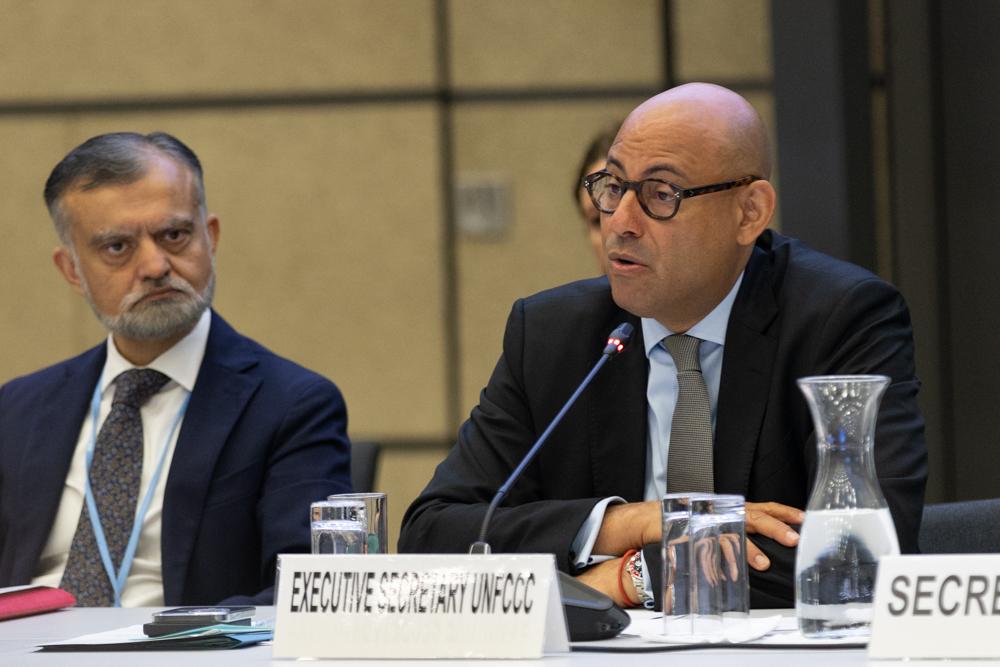At least 23 countries showcased national efforts in addressing climate change, underscoring the importance of transparency in assessing global climate progress, building trust among nations and informing stronger climate policies during the just concluded UN Climate Meetings in Bonn, Germany.
According to reports, eight developing countries participated in a facilitative sharing of views (FSV) workshop, highlighting their climate achievements, their work towards building stronger institutional systems, the challenges faced and the improvements needed. In a later session for multilateral assessment (MA), fifteen developed countries evaluated progress towards meeting their 2020 climate targets.
Reflecting on the lessons learned in over two decades of measurement, reporting and verification (MRV) processes, UN Climate Change Executive Secretary Simon Stiell said: “Transparency gives us an abundance of data. Data that can be systematized and applied to scale up solid solutions and good investments, so that the next round of NDCs (national climate action plans) is empowered by the evidence-base that transparency affords us. So that we are accountable, knowing the impact of Parties’ collective efforts and investments.”
Countries highlighted national initiatives: some aim to achieve carbon neutrality by 2050, others are boosting renewable energy and energy efficiency initiatives, implementing sustainable agriculture and agroforestry practices, or promoting economic instruments such as carbon pricing policies during the FSV and MA sessions.
Read also: AFDB, Climate Investment Funds launch Just transition workshops in Uganda
The FSV and the MA offered countries the opportunity to learn from one another and share their experiences implementing mitigation actions and innovative initiatives to tackle the climate crisis.
The June UN Climate sessions were also important to underscore ongoing preparations for the submission of the first biennial transparency reports (BTR) by the end of this year under the Paris Agreement’s enhanced transparency framework (ETF).
Stiell said: “This is where the power of combining knowledge, and combining efforts, comes into full effect. By the end of June, we will deliver a new reporting tool. This tool and the broader enhanced transparency framework will provide the navigational support for each of you to know where we are collectively going. It will help show how all this transparency data fits together.”
As Parties to the Paris Agreement transition to the ETF, the FSV and the MA will be superseded by the new joint process established under the ETF – the facilitative multilateral consideration of progress (FMCP). Experiences gained through the FSV and the MA will play a key role in informing the FMCP, which will provide the chance for countries to share further experiences and learn from each other’s best practices in delivering climate action and support.
Story was adapted from UNFCCC.
